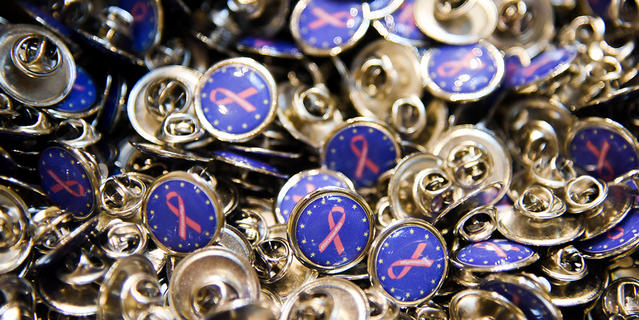 |
|
|
|
|
Europe set to fight cancer
|
|
01.19.2022 |
|
physiology
The European Union aims to reduce by 3 million the number of deaths from cancer on the continent between now and 2030. As France took over the EU presidency on 1 January 2022, we review the situation with Yvan De Launoit, deputy scientific director in charge of the physiology of cancer at the CNRS Institute of Biological Sciences.
|
|
Read the article
|
|
|
|
|
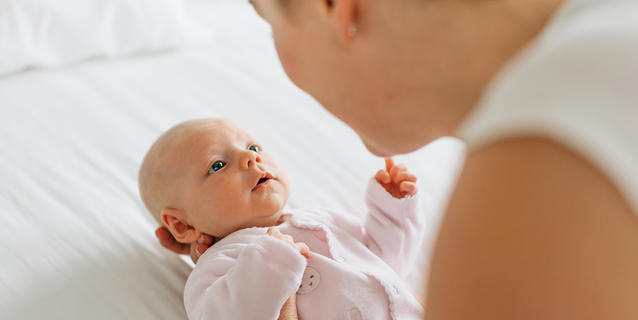 |
|
|
|
|
Oxytocin, from love potion to medicine
|
|
01.09.2022 |
|
Chemistry
Oxytocin appears to be involved in several types of attachment, including love. Marcel Hibert explains its chemical and biological mechanisms and the therapeutic hopes it inspires, notably in the treatment of autism.
|
|
Read the article
|
|
|
|
|
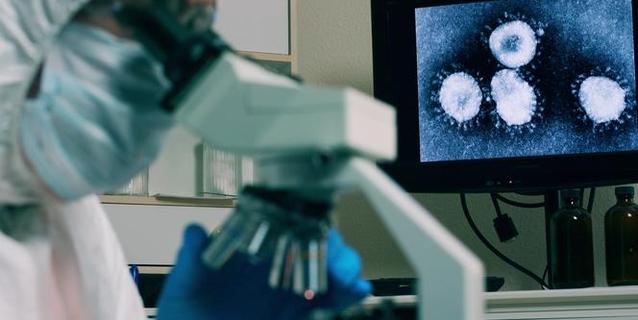 |
|
|
|
|
Covid-19: What have we learned from the pandemic?
|
|
01.11.2022
|
|
Documentary
From the Neolithic period to modern times, from cattle plague to SARS-CoV-2, the emergence of new infectious diseases has often been the result of changes that mankind has inflicted on the environment. This documentary shows how biologists, anthropologists, mathematicians and historians help draw lessons from the Covid-19 health crisis and prevent a new pandemic from incapacitating us once again.
|
|
Watch the video
|
|
|
|
|
|
Also this month
|
|
|
|
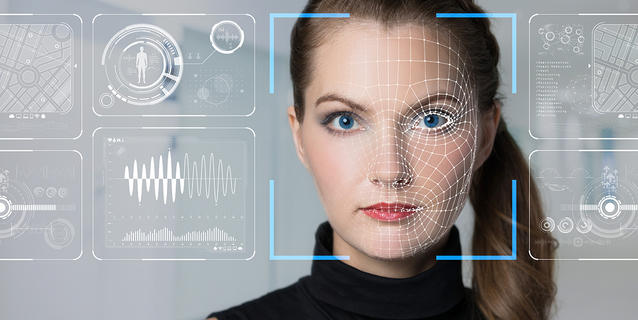 |
|
|
|
The unforeseen acceptance of deepfakes
|
|
01.17.2022 |
|
Cognitive science Rapid improvements in deepfake technology, which modifies a person's appearance or voice in real time, call for an ethical review at this still early stage. Researchers in cognitive science shed some light on the public’s perception of this phenomenon.
|
|
Read the opinion
|
|
|
|
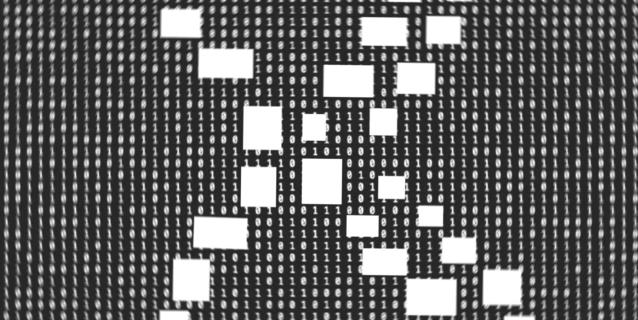 |
|
|
|
Artificial genomes offer a promising lead
|
|
01.12.2022 |
|
Genetics This is research that has not gone unnoticed: scientists have created extremely realistic artificial genomes as a result of their work on artificial neural networks. Flora Jay, who coordinated these efforts, explains.
|
|
Read the article
|
|
|
|
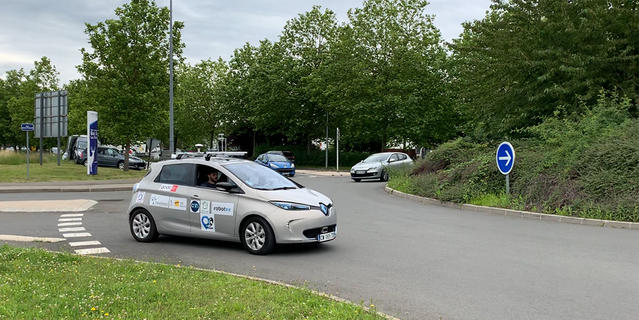 |
|
|
|
Autonomous cars hit French roads
|
|
01.27.2022 |
|
Computer science For a few days last year, scientists tried a self-driving car on the roads of Rambouillet (Paris region). The goal was to analyse its behaviour in relation to other road users, and to test its entry into roundabouts. Results from a life-size experiment.
|
|
Read the article
|
|
|
|
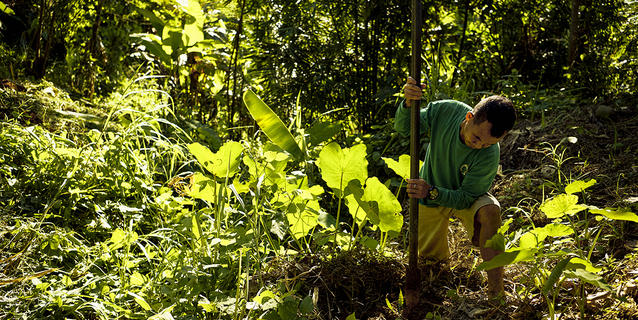 |
|
|
|
Putting nature at the heart of society to fight climate change
|
|
01.27.2022 |
|
Environment More than a million animal and plant species are today threatened with extinction worldwide. To make things worse, this biodiversity loss is now being irremediably accelerated by climate change. The researcher Ignacio Palomo points out that nature can provide solutions to this emergency.
|
|
Read the article
|
|
|
|
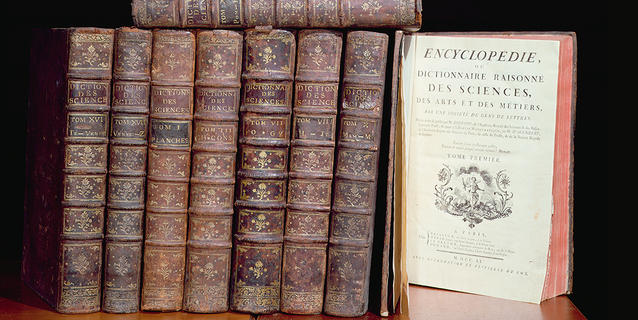 |
|
|
|
Does the Enlightenment still shine in the 21st century?
|
|
01.28.2022 |
|
History The Age of Enlightenment is in the spotlight at the French pavilion at Expo 2020 in Dubai. The 18th-century movement generated a surge of technical and scientific progress in Europe, but did it also pave the way for the unbridled exploitation of science and technology? Without veering into... |
|
Read the article
|
|
|
|